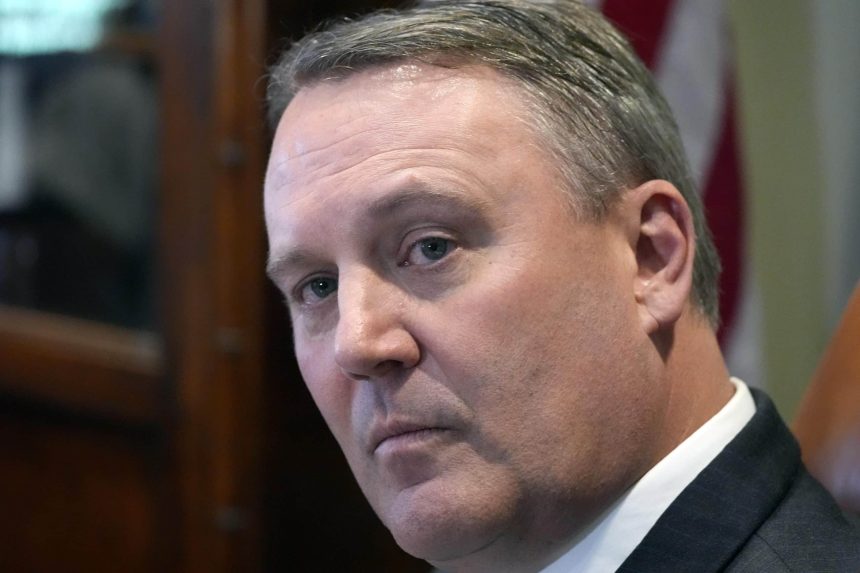Last week, President Donald Trump signed his self-proclaimed “big, beautiful bill,” cementing his domestic policy into law. The wide-net legislation, rife with tax cuts and additional subsidies for law enforcement, also enables states to opt in to a voucher program allowing taxpayers to be credited for money sent to nonprofits offering financial assistance for K-12 students.
The measure, originally dubbed the “Educational Choice for Children Act” before being included in the package, intends to offer additional education options for families who may not be able to afford private schools. Under the new law, families earning up to 300% of the area median gross income would qualify. Likewise, taxpayers who donate up to $1,700 in cash or stocks annually to a nonprofit granting scholarships would earn a federal dollar-for-dollar tax credit.
The area median income is calculated each year by the Department of Housing and Urban Development. The calculation is derived by adding the gross annual income of all members of a household age 15 and older, and dividing that total by the number of households. The U.S. Census reports that the annual median household income in Mississippi is $54,915, meaning a family earning up to $164,745 could qualify for a voucher.
In one of the nation’s poorest states, a lion’s share of families would be eligible to seek financial aid from a scholarship-granting organization. The average Mississippi private school tuition sits at $11,736 per year, as estimated by Private School Review. Theoretically, if 100,000 people donated $1,700 apiece to a participating nonprofit in Mississippi, it could cover tuition for around 14,000 students. There are currently more than 450,000 K-12 public school students and around 55,300 private school students statewide.
Per the legislation, the funding given to parents could also cover costs associated with tutoring, therapy, technology, and even homeschooling.
RELATED: How Trump’s ‘big, beautiful bill’ impacts pocketbooks and healthcare
While some argue that this would be a monumental step forward in affording extra opportunities to underprivileged youth, critics argue it will deliver a detrimental blow to the public education system. The Institute on Taxation and Economic Policy has raised concerns that the measure would primarily benefit wealthy individuals and could cost state governments and the federal government billions in lost capital gains tax revenue.
The new law will apply to donations made at the start of 2026. However, there is one catch: states must first opt in to the program before it is up and running.
In Mississippi, Republican House Speaker Jason White is confident that his chamber and fellow Republican Gov. Tate Reeves would support implementing the voucher program statewide. As for which way the state senate would lean, White does not have as much faith, largely due to the body’s consistent hesitance to support school choice legislation. “School choice” refers to the concept of parents having expanded options over their child’s education without zip code restraints.
“I think, certainly, the governor would sign it. I think it will pass in the House with flying colors,” White said on MidDays with Gerard Gibert. “Now, I can’t speak for the state Senate these days, or most any day.”
The state legislature is currently not in session, but White announced three new subcommittees in late June, one of which is tasked with coming up with concepts for “educational freedom” legislation before lawmakers gavel back in at the state capitol in January.
Doubling down on his support for the federal tax incentive program aimed at expanding school choice options, White argued that it would be short-sighted for his colleagues not to opt in to the voucher program. He further asserted that, since the program is subsidized at the federal level, Mississippi’s Republican supermajority in the legislature has no excuse to turn down the opportunity.
“We’ll spend a lot of time and attention this offseason and, I think, in the session on that issue that I’m calling education freedom, but I’m not afraid to say the words ‘school choice,'” White said.








